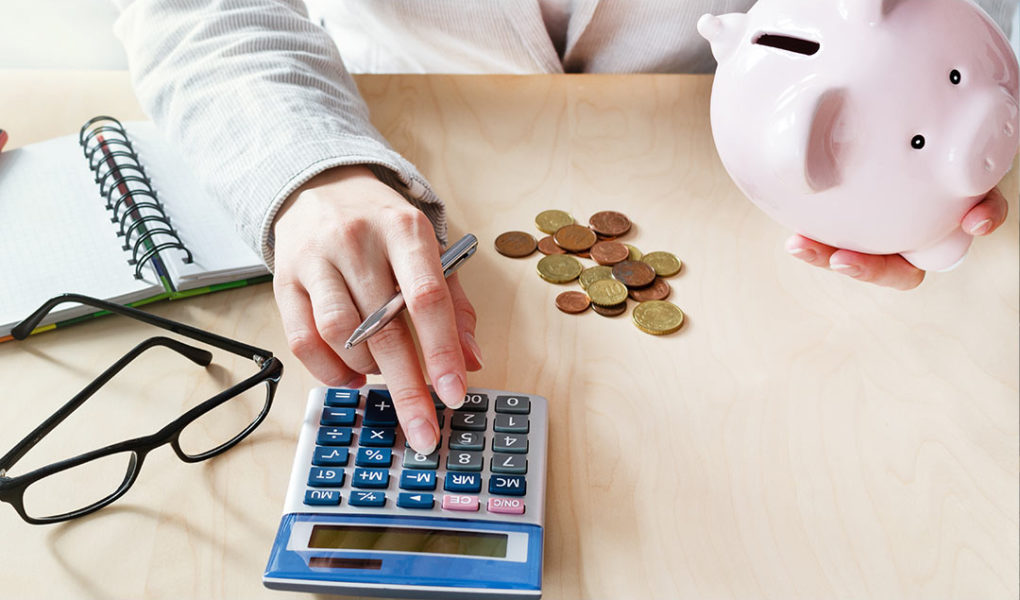We asked our friends at 10X Investments for some handy finance and saving tips for 2021. Brett Mackay, Retail Sales Consultant, tells us how to save for now and the future.
If there’s one certainty in life that we’ve all engaged in over this past year and even now, it is the element of change. Who could have predicted that social-distancing, beach closures and lockdown would be the new norm? But in unexpected times like these, perhaps there are a few forced adjustments we’ve had to make in our attempts to persevere, that could be incorporated consistently?
Reflecting on the year behind him, Brett Mackay, Retail Sales Consultant, discusses how we can adapt and evolve our budget for 2021, outlining key budgeting lessons learned in the wake of the Covid-19 pandemic. He says “not all the lessons we’ve learned are negative, some may prove valuable to make positive changes in our lives moving forward.”
Preparation is key but flexibility is important.
It may sound simple but what budgeting is about at its very core, is planning. And while preparation is key, it’s not however until we face times of abrupt change, like the pandemic, that we realise even the best of plans can benefit from the element of flexibility.
If there is a pivotal lesson we’ve learned throughout the last year, it’s the importance of being able to adapt to changing circumstances. Think of your future goal as a destination and your finances as a vehicle to help you get there. Sure, there will be some stops along the way (a few of them unanticipated), a couple of detours too, and you might even realise that some parts need replacing, but how you navigate the journey ultimately determines where you’ll end up.
Whether it means cutting back on expenses you once thought were essential or saving more toward your retirement, you must be willing to adapt where necessary to keep moving.
Think about the little things that add up.
With the sudden change in our daily routines, we’ve had much time to reflect on our normal spending habits. Perhaps, in all those months of missing out on your daily takeaway coffee and lunch purchases, you became more conscious about just how much those little things were adding up?
While most of us do thorough research and give much thought before making bigger purchases like a car or household appliance, we often pay less attention and little thought to the small, inexpensive items that we purchase every day. As an example, if you had spent about R25 on coffee before heading to the office every day, you would have spent a total of R500 every month — money you could have invested or saved toward a rainy day.
Being conscious of where we’re spending our money helps us to identify what changes we can make to improve our financial situation. In fact, it’s the seemingly small changes applied consistently, that end up making a big difference over time.
Long term goals should also be prioritised.
It’s no secret that we often live day-to-day, focusing on our immediate needs like food, school fees or rent/ bonds, but is the urgency of our current needs taking our attention away from something equally important?
Although some may think of retirement as a goal that’s too far down the timeline to prioritise right now, being financially vulnerable at a time when financial security is needed most is a reality that defines the retirement crisis in South Africa today.
So while your budget must account for short-term goals like a vacation, it’s also equally necessary that you prioritise your long-term objectives as well. Think of it as down-payments on your future, an investment you’ll thank yourself later when you’ll need it most.
Be ready for those rainy days.
If there is anything to be learned from the classroom that was 2020, it is that rainy days can hit us when we least expect it. To help you prepare for unanticipated seasons that could potentially strain your finances, Brett suggests having an emergency fund in place. He says, “this is not an investment, but more of a savings plan. Investing will build your wealth, saving will secure it. There is no age limit on who should have an emergency fund because emergencies can happen to anyone, at any time.”
An emergency fund can also be useful for interrupted income periods as it will ensure that you can still pay the bills even when you are not earning a salary. Not only will it teach you the discipline of putting money away, but it will also help you sleep at night knowing that you have a rainy-day fund.
He adds “to be on the safe side, I believe saving three to six months of your take-home salary into a low-fee money market fund or income fund will be enough to keep you going. A transactional account with your bank is also a good place to start.” As your fund will also gain interest throughout the year, your fund might grow to more than to what you need. The excess interest that you earn over the year is perfect for topping-up your tax-free investment.
Although we might not know what the ‘new normal’ will look like after the pandemic ends, there are valuable lessons we can learn and incorporate more permanently into our budget (not merely as a reaction to a crisis such as this one) in the hopes that we prepare better for the future, however uncertain that may be.

Follow 10X Investments:
Facebook: 10X Investments
Instagram: @10xinvestments
Twitter: @10xInvestments
